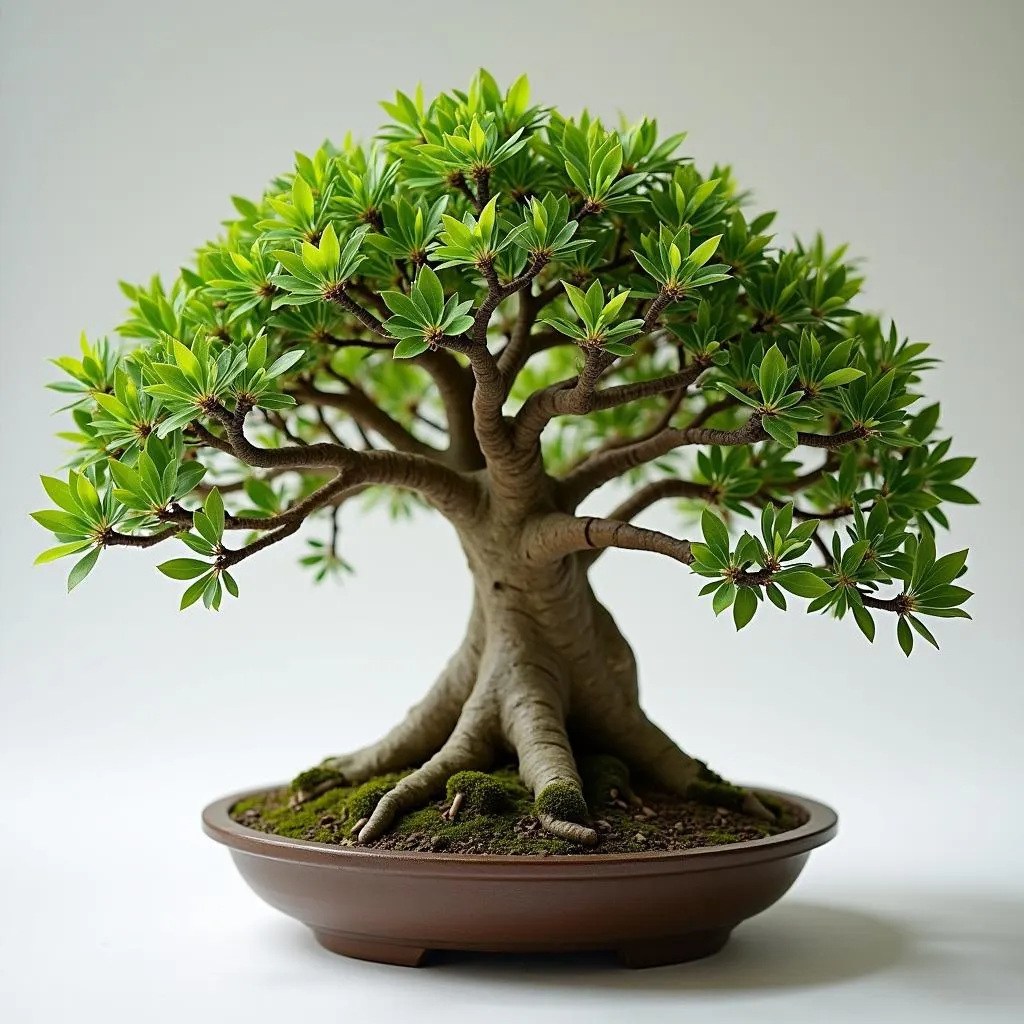Decoding the African Conference Dress Code
Understanding the African Conference Dress Code can be key to making a positive impression and showing respect for the local culture. Whether you’re attending a business meeting, academic symposium, or a cultural exchange, navigating the nuances of appropriate attire is essential. This article will delve into the various aspects of dressing for African conferences, providing insights and practical tips to help you choose the right outfit.
What constitutes appropriate attire for an African conference can vary significantly depending on the specific region, country, and the nature of the event itself. While some conferences might embrace Western business attire, others may encourage traditional clothing or a more relaxed dress code. It’s always best to research the specific conference guidelines beforehand.
Navigating the Nuances: Understanding Regional Differences
Africa is a vast and diverse continent with a rich tapestry of cultures and traditions. This diversity extends to clothing styles and expectations. What might be considered appropriate in one country could be perceived differently in another. For instance, in some North African countries, modest attire is highly valued, while in West Africa, vibrant colors and elaborate patterns are often embraced. Understanding these regional differences is paramount to dressing appropriately. You should also consider the time of year and the venue of the conference. Outdoor events in warmer climates might call for lighter fabrics and more casual attire than indoor events in cooler regions.
The Role of Traditional Attire
In many African countries, traditional clothing holds deep cultural significance and is often worn with pride at formal occasions, including conferences. Incorporating elements of traditional attire can be a wonderful way to show respect and appreciation for the local culture. This could involve wearing a locally made garment, incorporating traditional fabrics or patterns into your outfit, or accessorizing with traditional jewelry. However, it’s essential to approach this with sensitivity and avoid cultural appropriation. Researching and understanding the meaning and significance of different garments is crucial.
Western Business Attire: Adapting to the African Context
While traditional clothing is often encouraged, many African conferences also accept Western business attire. This typically includes suits, dresses, and business casual options. However, it’s important to adapt this attire to the African context. Opting for lighter fabrics, breathable materials, and more relaxed styles can be more practical and comfortable in warmer climates. Also, consider incorporating local accessories or colors to add a touch of cultural sensitivity to your outfit. For example, a brightly colored scarf or tie can be a subtle yet effective way to blend in.
Tips for Men’s Attire
For men, a suit or blazer paired with dress pants or khakis is generally a safe bet. Consider choosing lighter colors and fabrics, especially for daytime events. A tie is not always necessary, but it can add a touch of formality.
Tips for Women’s Attire
Women have a wider range of options, including dresses, skirts, pantsuits, and blouses. Knee-length or longer skirts and dresses are generally preferred. Avoid anything too revealing or tight-fitting. A tailored blazer or jacket can add a professional touch.
What to Avoid
While understanding what to wear is important, knowing what to avoid is equally crucial. Generally, it’s best to avoid anything too casual, such as jeans, shorts, t-shirts, and flip-flops. Also, avoid clothing with offensive slogans or images. Remember, you’re attending a professional event, and your attire should reflect that.
African conference dress provides a good starting point for your research. Understanding the cultural context is essential for navigating any professional environment, such as what an African business magazine editor would encounter.
Decoding the Dress Code: Frequently Asked Questions
Q: Can I wear traditional African attire to a conference?
A: Yes, in many cases, traditional attire is encouraged and appreciated.
Q: What if I’m unsure about the dress code?
A: It’s always best to err on the side of caution and dress more formally.
Q: Are there any specific colors or patterns I should avoid?
A: Researching the specific cultural context is crucial, as certain colors or patterns might have different meanings in different regions.
Q: Can I wear jeans to an African conference?
A: Generally, jeans are considered too casual for a conference setting.
Q: What type of shoes are appropriate?
A: Closed-toe shoes are generally preferred. Comfortable dress shoes or loafers are a good option.
African Americans in tech are making significant strides, and their presence at conferences is becoming increasingly common. This diversity adds another layer to the discussion of appropriate attire. Even companies like African embedded systems company are participating in these events, highlighting the growing importance of technology on the continent.
In conclusion, understanding the African conference dress code requires careful consideration of various factors, including regional differences, the nature of the event, and cultural sensitivities. By doing your research and dressing appropriately, you can demonstrate respect for the local culture while making a positive and professional impression. Remember, your attire is a form of communication, and dressing thoughtfully can contribute significantly to a successful and enriching conference experience. African language detection can also play a crucial role in bridging communication gaps at conferences.
For further assistance, please contact us at:
Phone: +255768904061
Email: kaka.mag@gmail.com
Address: Mbarali DC Mawindi, Kangaga, Tanzania.
Our customer service team is available 24/7.

